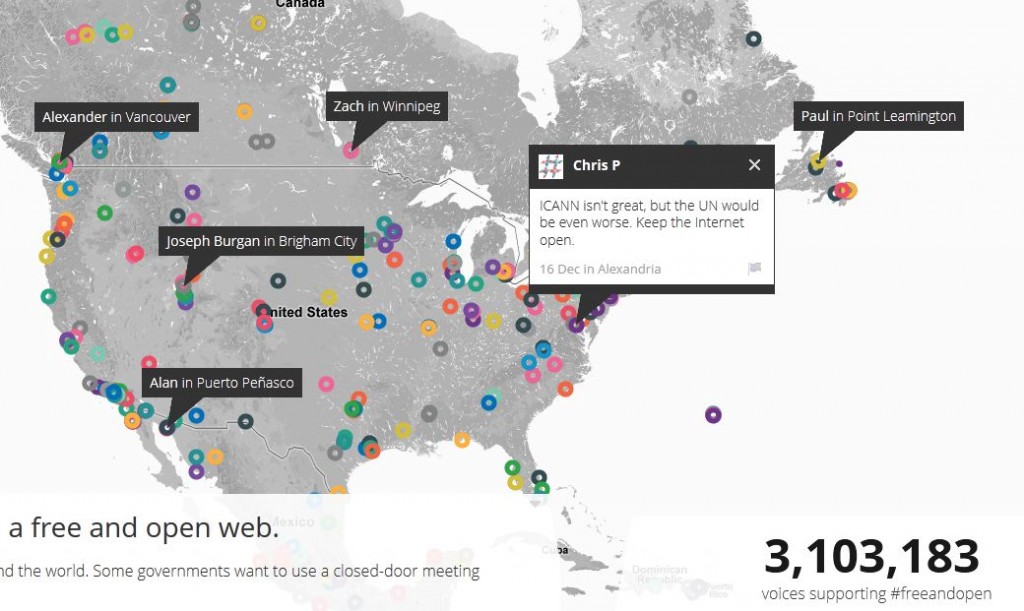For the past two weeks the UN had been trying to revise a multilateral treaty that has been the official governing language of the Internet since the late 1980s. Many viewed this process as a way for authoritarian governments to assert control over Internet content, and late last week negotiations broke down. The United States and 80 other countries walked away from the talks and refused to support any changes to the treaty.
The Atlantic provides some really good coverage here. Some of the controversy can be traced to lingering resentment of U.S. government control over essential functions of the Internet. As I wrote about recently related to the renewal of the .com contract, ICANN remains beholden to our government for truly important decisions related to Internet management.
Beyond that issue, many governments just don’t like the access to information the Internet gives their citizens. The nature of the open Internet is decentralized and often destabilizing, to established industries and authoritarian governments.
Google has been front and center in this debate, which makes perfect sense. Google’s main product — search monetized via AdWords — only remains healthy with a vibrant, open Internet which doesn’t lock consumers into proprietary platforms and protocols.
The company is taking their public policy pitch directly to the public with #freeandopeninternet.com, taking a page from the success direct lobbying approach employed to defeat proposed SOPA legislation earlier this year. It’s a smart campaign and a potent database builder. As you can see from the image above, over three million people have expressed their support, including me. (Here’s an E-Commerce Times story that quotes me on the SOPA campaign.)
The danger of UN control over the Internet seems to have receded for now. But as this Wired magazine piece states plainly, Internet governance does need to improve. Until that happens, the open Internet remains vulnerable to these kinds of international power grabs.
UPDATE 12/21 – I received an email signed by Vint Cerf thanking me for protecting the Internet. Effective way for Google to keep the online millions mobilized for the next policy issue:
Hi Chris,
Over the past few weeks, you stood with millions from all corners of the world who took action in support of a free and open Internet. Your voice was heard.
Some governments sought to use the recent meeting of the International Telecommunication Union in Dubai to increase censorship and regulation of the Internet. At the conclusion of the meeting last Friday, 89 countries signed the treaty, while 55 countries said they would not sign or that additional review was needed. We stand with the countries that refused to sign, and we stand with you.
We we want to thank you for your actions over the past few weeks. Your voice helped shine a light on a process that would otherwise have been in the dark, and you helped bring the issue of Internet freedom to global prominence.
With your support, we can continue to help ensure that governments alone do not direct the future of the Internet. Thank you.
Until next time,
Vint Cerf
Want stories delivered via email? Subscribe below.
